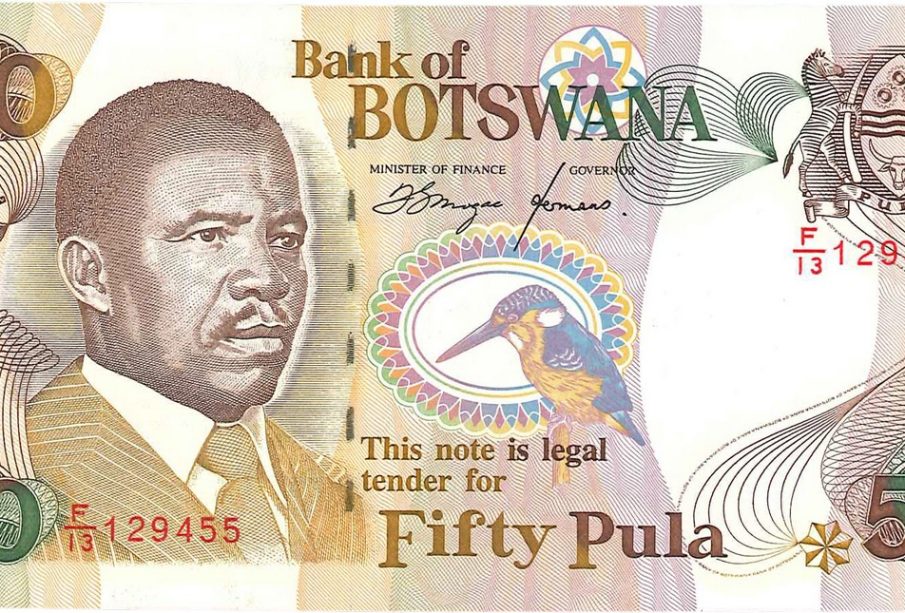Botswana’s Bold Economic Shift: Navigating Through Change and Innovation in 2025

Economic Transition and Current Challenges
While Botswana has historically maintained strong economic growth through prudent fiscal management and robust diamond revenue governance, the country faces structural vulnerabilities due to its heavy dependence on diamonds, which account for over 90% of exports.
The economy is currently experiencing challenges, with a projected 3.1% contraction in 2024, primarily due to weakened diamond demand. However, inflation has eased to 2.8%, and the country has implemented strategic rate cuts to stimulate economic activity. The fiscal situation remains concerning, with the 2024 deficit reaching 9% of GDP and public debt rising to 27.4% of GDP.
Innovative Development Initiatives
A significant development in Botswana’s energy sector is the Mmadinare solar complex, the country’s first utility-scale Independent Power Producer project. The complex, with a capacity of 120 MW, has already commissioned its first 60MW phase in February 2025, with the second phase scheduled for completion by September 2025.
The tourism sector is emerging as a crucial driver of economic diversification. The Botswana Tourism Organisation (BTO) is actively working to build an inclusive economy through tourism expansion. In 2023, tourism contributed significantly to the economy, generating P32.8 billion, representing 12.1% of GDP.
Future Outlook and Strategic Initiatives
The newly elected government has committed to ‘unburden businesses’ and attract long-term investors. This initiative requires rethinking state dominance in the economy to promote innovation and job creation. Taking inspiration from East Asian countries, Botswana aims to attract Foreign Direct Investment while supporting dynamic domestic small enterprises through deregulation and financing support.
The government is implementing several strategies to enhance its competitiveness, including fast-tracking special economic zones and establishing the Botswana Board of Investment. In collaboration with the European Union, a job creation and investment climate program is focusing on streamlining business processes and developing eco-tourism value chains. Modernization efforts include digitizing one-stop service centers and developing alternative dispute resolution frameworks.
Conclusion
As Botswana cannot rely solely on the diamond market’s recovery, the country is at a crucial juncture where it must implement its new inclusive growth strategy to regain its economic sparkle.









